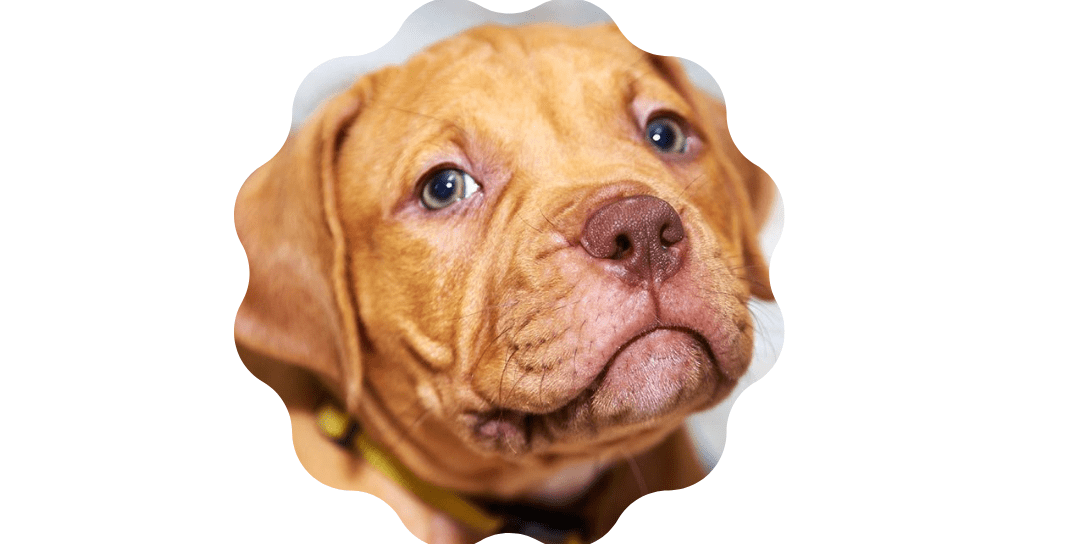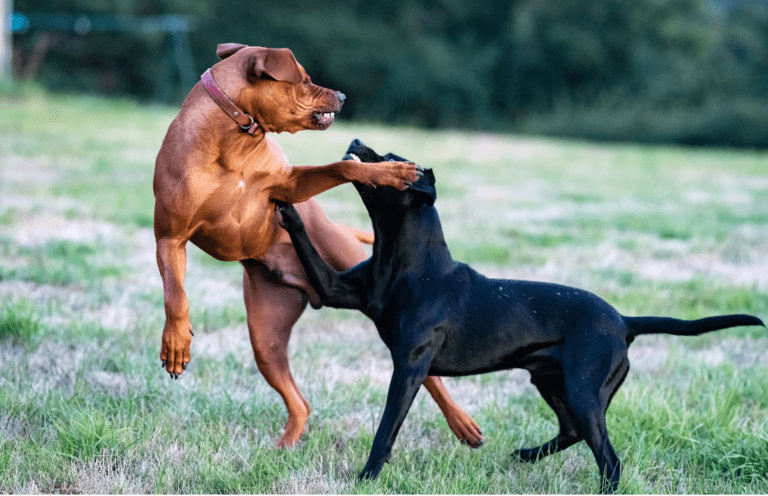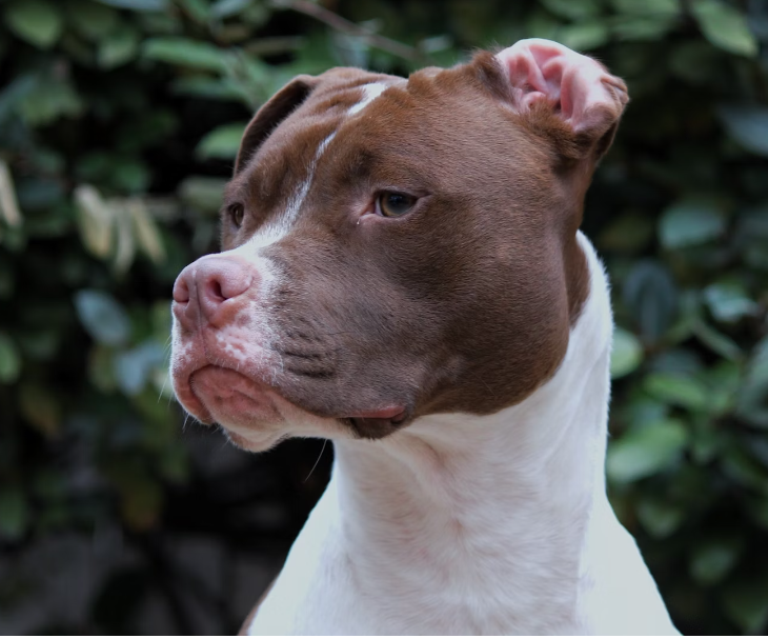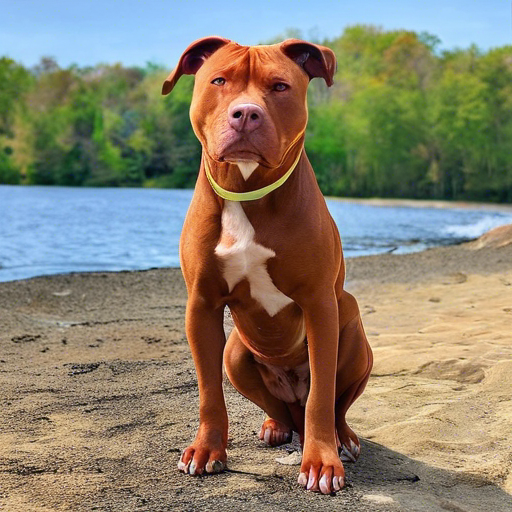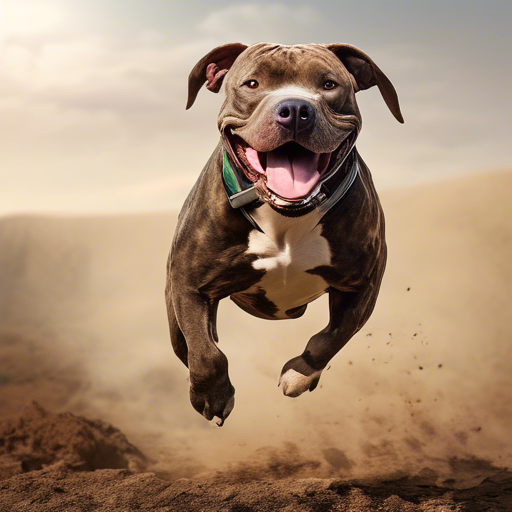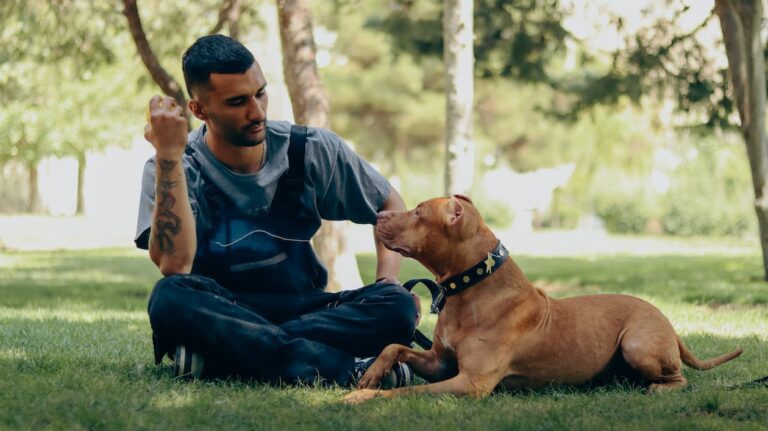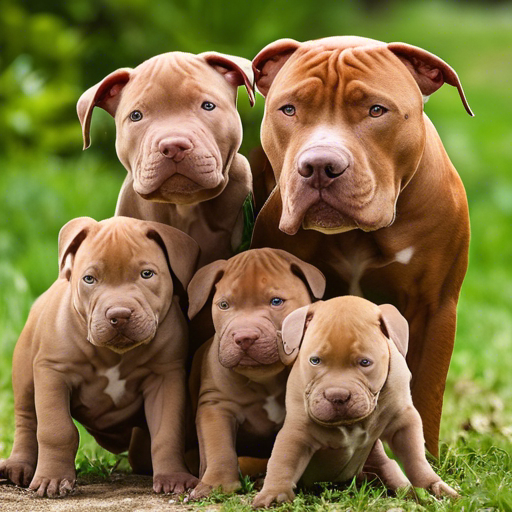Red Nose Pitbull- Pros, Cons And Your Ultimate FAQ
Introduction to Red Nose Pitbull
Red Nose Pitbulls, also known as American Pit Bull Terriers, are a beloved yet often misunderstood breed. With their distinct reddish noses and muscular build, these dogs have captured the hearts of many. However, owning a Red Nose Pitbull comes with its own set of advantages and challenges.

Pros of Owning a Red Nose Pitbull
Loyalty and Affection
One of the most notable traits of Red Nose Pitbulls is their unwavering loyalty and affection towards their owners. These dogs form strong bonds with their families and are known for their protective instincts.
Trainability and Intelligence
Despite misconceptions about their temperament, Red Nose Pitbulls are highly trainable and intelligent. With proper training and socialization, they can excel in various activities, including obedience, agility, and even therapy work.
Physical Attributes
Red Nose Pitbulls possess impressive athleticism and strength. They are agile, muscular dogs with a sleek coat and a distinctive reddish nose that sets them apart from other Pitbull varieties.
Cons of Owning a Red Nose Pitbull
Misconceptions and Stereotypes
Unfortunately, Red Nose Pitbulls often fall victim to negative stereotypes and misconceptions perpetuated by the media. These stereotypes can lead to discrimination and breed-specific legislation in certain areas.
Exercise and Energy Levels
Red Nose Pitbulls are high-energy dogs that require ample exercise and mental stimulation. Without proper outlets for their energy, they may become bored or restless, leading to undesirable behaviors.
Socialization Requirements
Due to their protective nature, Red Nose Pitbulls require early and ongoing socialization to ensure they are well-adjusted and friendly towards people and other animals.
Common Health Concerns
Red Nose Pitbulls are generally healthy dogs, but like all breeds, they are prone to certain health issues. Common concerns include hip dysplasia, skin conditions, and heart disease.
Training Tips for Red Nose Pitbulls
Positive Reinforcement
Positive reinforcement techniques, such as praise and rewards, are highly effective when training Red Nose Pitbulls. These dogs thrive on praise and enjoy learning new tasks.
Consistency and Patience
Consistency is key when training a Red Nose Pitbull. Establishing clear rules and boundaries from an early age will help prevent undesirable behaviors later on. Patience is also essential, as training may take time and repetition.
Socialization Techniques
Early socialization is crucial for Red Nose Pitbulls to develop good manners and confidence in various situations. Exposing them to different people, animals, and environments will help them become well-rounded companions.
Feeding and Nutritional Needs
Recommended Diet
Red Nose Pitbulls should be fed a balanced diet that meets their nutritional needs. High-quality commercial dog food or a vet-approved homemade diet is recommended.
Portion Control
It’s important to monitor portion sizes and avoid overfeeding, as Red Nose Pitbulls can be prone to obesity if they consume too many calories.
Special Considerations
Some Red Nose Pitbulls may have food allergies or sensitivities, so it’s essential to choose a diet that agrees with their digestive system.
Exercise Requirements
Daily Physical Activity
Red Nose Pitbulls thrive on regular exercise and enjoy activities such as brisk walks, hikes, and playtime at the dog park.
Mental Stimulation
In addition to physical exercise, Red Nose Pitbulls also benefit from mental stimulation, such as puzzle toys, obedience training, and interactive games.
Playtime and Interaction
These social dogs enjoy spending time with their families and thrive on interactive play sessions with their human companions.
Grooming and Maintenance
Coat Care
Red Nose Pitbulls have a short, low-maintenance coat that requires minimal grooming. Weekly brushing and occasional baths are usually sufficient to keep their coat healthy and shiny.
Ear and Dental Hygiene
Regular ear cleanings and dental care are important for maintaining your Red Nose Pitbull’s overall health and well-being.
Nail Trimming
Routine nail trims are essential to prevent overgrowth and discomfort. If you’re not comfortable trimming your dog’s nails yourself, your veterinarian or a professional groomer can assist you.
Myths vs. Facts
Aggression
Contrary to popular belief, Red Nose Pitbulls are not inherently aggressive. With proper training, socialization, and responsible ownership, they can be loving and well-behaved companions.
Temperament
Red Nose Pitbulls are known for their friendly and affectionate nature towards people. They are often referred to as “nanny dogs” due to their gentle demeanor with children.
Legal Restrictions
While some areas have breed-specific legislation targeting Pitbull-type dogs, it’s essential to recognize that breed alone does not determine a dog’s behavior. Responsible ownership and proper training are key factors in preventing breed-related incidents.
Finding a Responsible Breeder
Research and References
When searching for a Red Nose Pitbull breeder, it’s crucial to do your research and ask for references from previous clients. A reputable breeder will prioritize the health and temperament of their dogs.
Health Testing
Responsible breeders conduct health testing on their breeding dogs to screen for hereditary conditions and ensure the overall well-being of their puppies.
Ethical Practices
Choose a breeder who follows ethical breeding practices and is transparent about their breeding program. Avoid supporting puppy mills or backyard breeders who prioritize profit over the welfare of their dogs.
Adoption and Rescue Options
Shelter Adoption
Consider adopting a Red Nose Pitbull from a shelter or rescue organization. Many loving dogs are in need of forever homes, and adoption is a rewarding way to save a life.
Breed-Specific Rescues
There are also breed-specific rescue groups dedicated to Red Nose Pitbulls and other Pitbull-type breeds. These organizations work tirelessly to find loving homes for dogs in need.
Foster Programs
Some rescue organizations offer foster programs where you can provide temporary care for a Red Nose Pitbull until they find their forever home. Fostering is a great way to make a difference in a dog’s life without the long-term commitment.
Legal Considerations
Breed-Specific Legislation
Before bringing a Red Nose Pitbull into your home, familiarize yourself with any breed-specific legislation or regulations in your area. Some municipalities have restrictions on owning certain breeds, including Pitbulls.
Homeowner’s Insurance
Check with your homeowner’s insurance provider to see if they have any restrictions or breed-specific policies regarding Red Nose Pitbulls. Some insurance companies may require additional liability coverage for certain breeds.
Community Regulations
Be mindful of community regulations, such as leash laws and breed-specific ordinances, that may affect your ability to own a Red Nose Pitbull in your area.
Creating a Safe Environment
Secure Fencing
Ensure your yard is securely fenced to prevent your Red Nose Pitbull from roaming unsupervised. A sturdy, escape-proof fence will help keep your dog safe and secure.
Supervision
Always supervise your Red Nose Pitbull when they are outdoors, especially in unfamiliar or public settings. This will help prevent accidents and ensure your dog’s safety.
Training Commands
Teach your Red Nose Pitbull basic obedience commands, such as “come,” “stay,” and “leave it,” to help keep them under control in various situations.
Conclusion
In conclusion, Red Nose Pitbulls are loving, loyal companions that can make wonderful family pets with the right care and training. By understanding their unique needs and characteristics, you can provide a happy and fulfilling life for your Red Nose Pitbull.
What is the temperament of a Red Nose Pitbull?
Red Nose Pitbulls are known for their friendly and affectionate nature towards people. They are loyal, protective, and often referred to as “nanny dogs” due to their gentle demeanor with children.
Are Red Nose Pitbulls good with children?
Yes, Red Nose Pitbulls can be excellent family pets and are often great with children when properly socialized and trained.
How much exercise does a Red Nose Pitbull need?
Red Nose Pitbulls are high-energy dogs that require regular exercise and mental stimulation. Daily walks, playtime, and interactive games are recommended to keep them happy and healthy.
Do Red Nose Pitbulls require special grooming?
No, Red Nose Pitbulls have short, low-maintenance coats that require minimal grooming. Weekly brushing and occasional baths are usually sufficient to keep their coat clean and healthy.
Are there any restrictions on owning a Red Nose Pitbull?
Some areas may have breed-specific legislation or regulations targeting Pitbull-type dogs, so it’s essential to check local laws and regulations before bringing a Red Nose Pitbull into your home.
